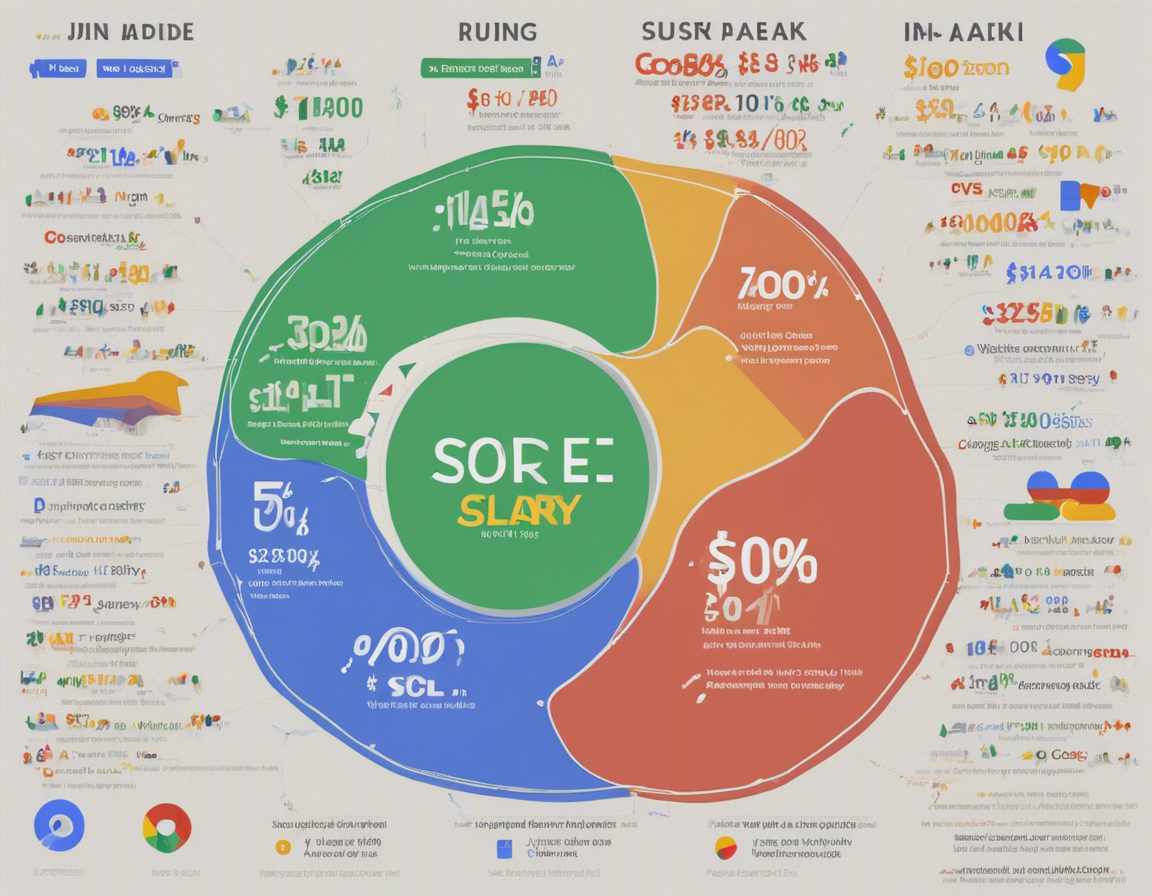On November 2021, a massive leak of Google salary data revealed the salaries of over 8,000 employees. This leak, which occurred through a tool that allowed employees to see each other’s salaries, has brought to light important conversations about pay transparency, income inequality, and employee morale within one of the biggest tech companies in the world.
The Impact of the Salary Leak
1. Transparency vs. Privacy
The leak has sparked a debate on the balance between salary transparency and employee privacy. While transparency can help combat pay disparities based on gender, race, or other factors, it also raises concerns about breaching employees’ privacy.
2. Employee Morale
The revelation of colleagues’ salaries can affect employee morale. Those who discover they are being underpaid compared to their peers may feel undervalued, leading to decreased morale and motivation.
3. Equity and Fairness
The leak has raised questions about the fairness and equity of Google’s compensation practices. Employees may question the rationale behind salary discrepancies and demand more transparency and fairness in the company’s pay structure.
4. Industry-Wide Impact
The leak has not only impacted Google employees but has also sparked discussions across the tech industry about the need for greater pay transparency and fair compensation practices.
The Significance of Pay Transparency
1. Addressing Pay Disparities
Pay transparency can help address pay disparities based on gender, race, or other factors by ensuring that employees are fairly compensated for their work.
2. Fostering Trust and Accountability
Transparent pay practices can foster trust among employees and management, creating a culture of accountability and fairness within the organization.
3. Motivating Performance
When employees have a clear understanding of how their pay is determined and how it compares to their peers, they are more likely to feel motivated to perform and contribute to the company’s success.
Tips for Tech Employees Facing Salary Disparities
1. Research Salary Benchmarks
Before accepting a job offer or discussing a salary raise, research industry benchmarks and standards to ensure that you are being compensated fairly.
2. Advocate for Transparency
Encourage your company to adopt transparent pay practices and regularly review and adjust its compensation structure to ensure equity among employees.
3. Negotiate Effectively
When negotiating your salary, highlight your skills, experience, and contributions to the company to justify your requested compensation.
4. Seek Support
If you believe you are being underpaid or facing pay disparities, seek support from HR, mentors, or industry networks to address the issue effectively.
Frequently Asked Questions (FAQs)
1. What are the benefits of pay transparency?
Pay transparency can help combat pay disparities, foster trust and accountability, and motivate employees to perform better.
2. How does pay transparency impact employee morale?
Pay transparency can impact employee morale positively by ensuring fairness and equity in compensation practices, or negatively if employees feel undervalued compared to their peers.
3. How can employees address salary disparities?
Employees can address salary disparities by researching salary benchmarks, advocating for transparency, negotiating effectively, and seeking support from relevant resources.
4. What are the challenges of implementing pay transparency?
Challenges of implementing pay transparency include issues of employee privacy, potential conflicts among colleagues, and the need for companies to justify pay differentials.
5. How can companies promote pay fairness and equity?
Companies can promote pay fairness and equity by adopting transparent pay practices, conducting regular compensation reviews, and ensuring that pay differentials are based on objective criteria.
In conclusion, the Google salary leak has sparked important discussions about pay transparency, fairness, and equity in the tech industry. By addressing salary disparities, fostering transparency, and advocating for fair compensation practices, both employees and companies can work towards creating a more equitable and inclusive work environment.
